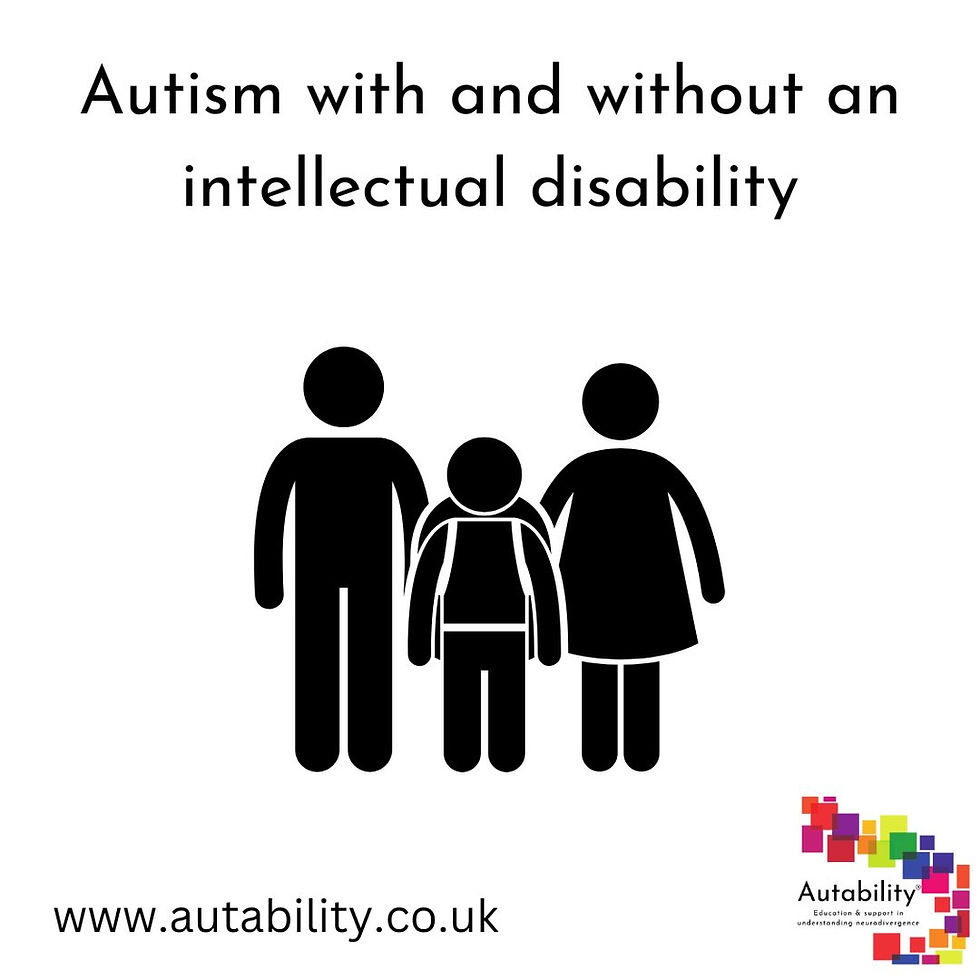Time for university!
- Danielle Punter
- Sep 16, 2023
- 2 min read
We focus a lot on the challenges of autistic children accessing school and college. As I discovered in May, all too quickly, your newborn baby turns 18, and for some, that means university.
For me, university was more of a challenge than school. My first degree was at a music conservatoire, which suited my autism well. I could immerse myself in music, and there was still a large amount of small group and 1:1 tuition. My largest class was Baroque Dance (I won't elaborate any further on how that went!), which had 30 students.
There were also a high proportion of neurodivergent students. However, there were challenges, and these reoccurred during my later studies. I have recently qualified to be a Department For Education Specialist Mentor for Autistic students and those with ADHD. How I wish I had been able to access a mentor. The role is tailored to the needs of each student and is accessed via a Disabled Students Allowance (DSA) assessment.
As with EHC plans and specialist provisions, not every autistic university student will need this support, but there are some things parents can do to support their child as they embark on their university life.
1. Talk to your child to see if they wish to disclose their diagnosis to their university lecturers and peers. 2. Look at supporting your child to develop a structure so that they don't have too many changes. 3. Look at what support is available for autistic students at their chosen university. 4. Support your child to develop self-advocacy skills. 5. Create an easy communication way for your child to get in touch with you. It's that tricky balance between letting them have their freedom and independence but making sure that they also know how to contact you in a way that is easy and accessible for them.
As with all transitions, there will be difficulties and challenges, but it doesn't mean that they won't succeed. If you have an autistic child starting university and want to know more about disabled students' allowance, the link is in the comments

.png)


Comments